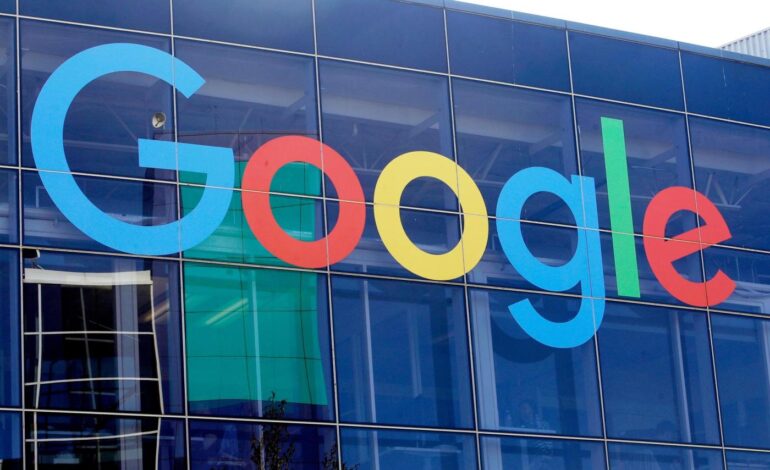Google Avoids Break-Up in Landmark Anti-Monopoly Ruling

A federal court ruling on March 12, 2024, has significant implications for Google, as the tech giant successfully avoided a forced break-up despite being declared a monopoly. Judge Amit Mehta determined that Google would not be required to divest its popular Chrome browser or the widely used Android operating system. Instead, the court’s focus shifted to curtailing Google’s exclusive agreements that limit competition in the digital marketplace.
In his comprehensive 226-page decision, Judge Mehta stated, “Google’s monopoly has endured for more than a decade,” pointing out the lack of meaningful market entry to challenge the company’s dominance in the search engine sector. The U.S. Department of Justice, along with nearly every state in the country, initiated the lawsuit against Google in 2020, arguing that its monopoly had caused significant, long-lasting harm to competition.
The plaintiffs contended that Google’s control over search results negatively impacted consumer choice and quality. They proposed that the court enforce remedies that would deeply affect Google’s lucrative digital advertising business, which generated over $100 billion in revenue last year for its parent company, Alphabet Inc.. Among the remedies sought were orders requiring Google to divest Chrome and, if necessary, Android.
Judge Mehta rejected these drastic measures but found merit in the plaintiffs’ request to prohibit Google from entering into exclusive contracts for the distribution of its search engine, Chrome, and its AI offerings, including the Google Assistant and the Gemini chatbot. While Google will still be able to pay companies to pre-load its products on devices, it must refrain from making them the sole options available to consumers.
The ruling mandates that Google provide certain search and user data to its competitors at minimal cost, a move aimed at promoting a more competitive environment in the tech industry. These remedies are set to last for six years, with the possibility of adjustments based on feedback from both Google and the plaintiffs.
As the case unfolds, it highlights ongoing concerns regarding monopolistic practices in the tech sector and sets a precedent for how similar cases might be approached in the future. The ruling marks a pivotal moment in the U.S. government’s efforts to rein in the power of major technology companies.






